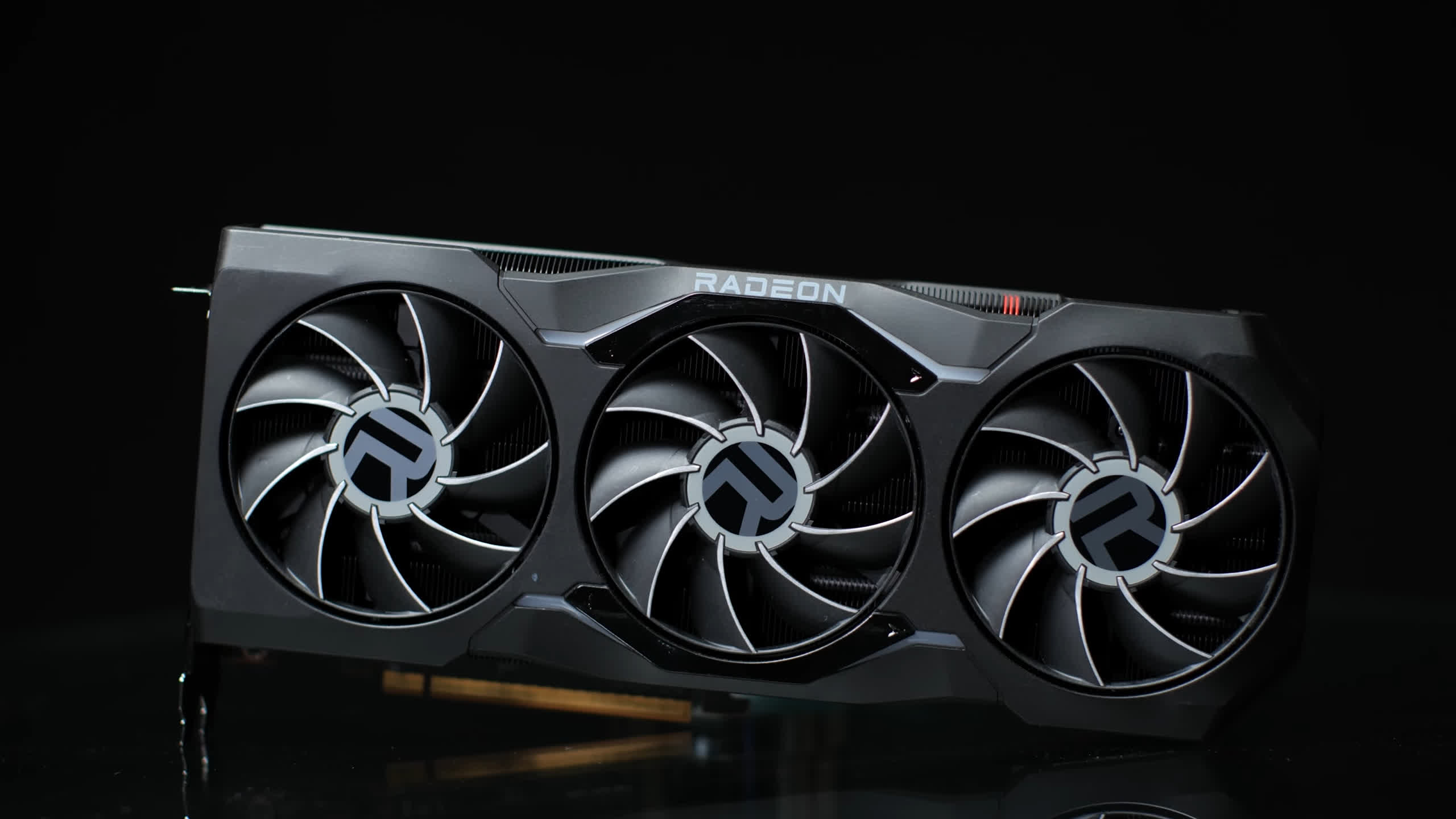Seems to be quite a lot of discourse on AMD vs. NV encoder for VR. I've been doing some research and will summarise my findings. Take them or leave them, I ain't going to argue.
TL;DR: If you want a sure thing, go NV. If you want an easy life, go NV. The AMD 7000 series
might be very good for VR, but there is no evidence for this and AV1 compatibility is looking shaky.
All points are from the perspective of AMD relative to NV. I can't be arsed with Intel as they don't have a VR capable GPU in real-world performance terms.
- AMD 6000 series and earlier have both poor quality and throughput in all benchmarks, objective or subjective. [1]
- AMD 7000 series h264 & h265 encoders have better quality than AMD 6000 series, as well as higher throughput, but the quality still falls well short of nvidia [1].
- AMD 7000 series AV1 encoder has slightly worse quality in objective and subjective benchmarks [1, 2].
- AMD 7000 series AV1 encoder has higher throughput in objctive benchmarks. [1]
- AMD 7000 series AV1 encoder has unknown compatability with virtual desktop or meta link. Infact, early discord posts say 7800XT does not work with virtual desktop & AV1.
- AMD 7000 series AV1 encoder has unknown latency, where throughput does not equate to latency
- There is a general sentiment that the AMD 7000 series AV1 encoder is competetive with NV (trades blows), but it is unknown how long it will will take to be reliable integrated into VR & other applications.
What I'm really interested in is how the 4070 performs with half the encoding resources of the 4070ti. Especially vs. the 7800XT, which has a powerful AV1 encoder.
[1] -
https://www.tomshardware.com/news/amd-intel-nvidia-video-encoding-performance-quality-tested
[2] -
https://www.youtube.com/watch?v=HAc7BKnVD6Y



 . But hey, if you can't see them, don't worry about them. As I said before, enjoy your headset and don't worry about it.
. But hey, if you can't see them, don't worry about them. As I said before, enjoy your headset and don't worry about it.

